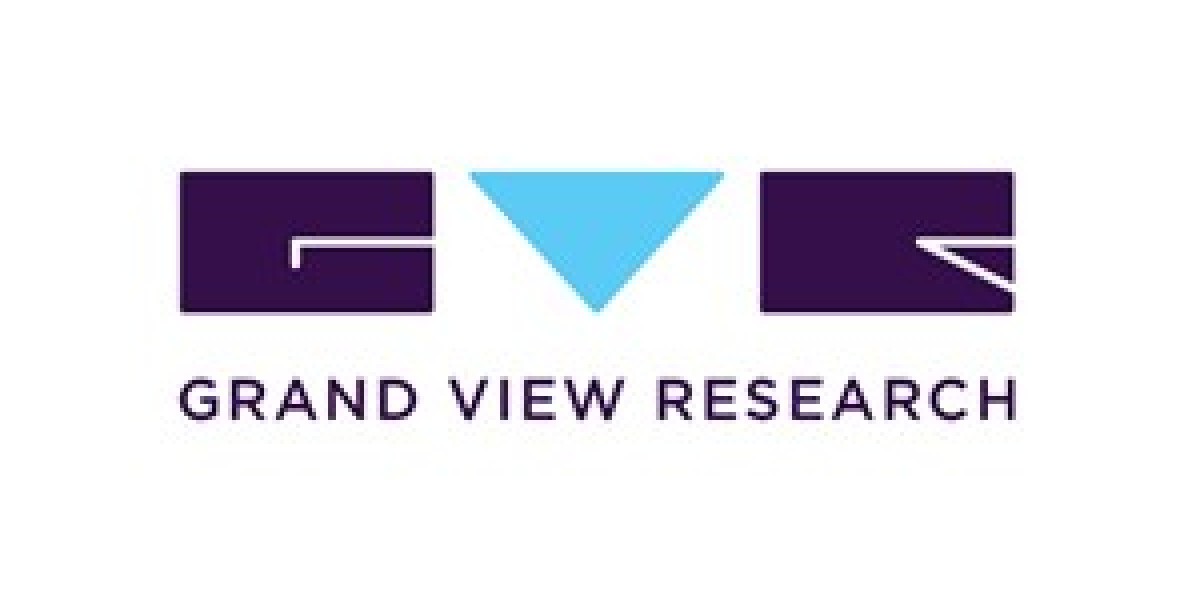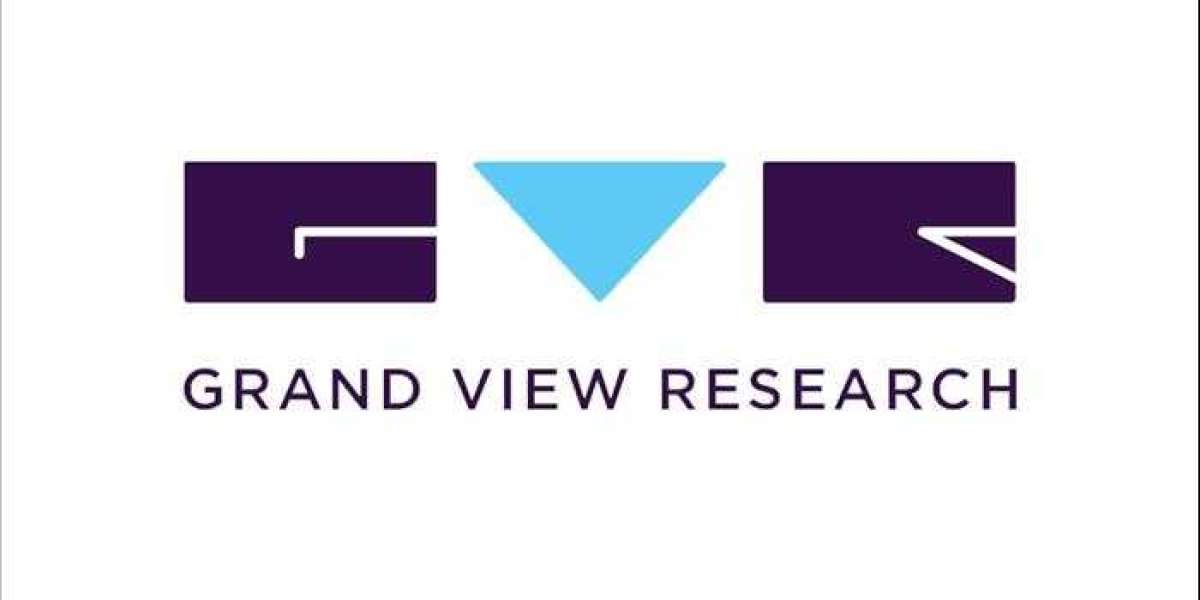Lab Equipment Procurement Intelligence
In this Lab Equipment procurement intelligence report, we have estimated cost of raw materials, labor, machinery & tools, energy, transportation & storage, and other costs as the key components. Other costs include quality assurance, taxes, depreciation, rent & utilities, and administrative expenses.
There are three main ways to acquire lab equipment: buying, leasing, and renting. Purchasing or capital leasing is recommended if the equipment requires a high level of maintenance services because both alternatives provide both standard and specialized maintenance services. Since the equipment will be returned to the lessor at the end of the lease term, operational leases do not include tailored maintenance services.
Manufacturers of lab equipment typically follow a ‘cost-plus’ and ‘competition-based’ pricing model in order to price their products for sale. In the cost-plus pricing model, a margin is added to the product's manufacturing cost to determine the ultimate sale price. Its foundation is the notion that the vendor ought to be able to turn a profit when offering an item or service. Whereas in the competition-based model, the manufacturer sets the price of a product based on the price offered by its competitor for the same product.
Order your copy of the Lab Equipment category procurement intelligence report 2023-2030, published by Grand View Research, to get more details regarding day one, quick wins, portfolio analysis, key negotiation strategies of key suppliers, and low-cost/best-cost sourcing analysis
Operational Capabilities - Lab Equipment
- Industries Served - 25%
- Years in Service - 20%
- Geographical Service Provision - 15%
- Revenue Generated - 15%
- Employee Strength - 15%
- Certification – 10%
Functional Capabilities - Lab Equipment
- Types of Equipment - 25%
- Number of Features in a Product - 20%
- New and/or Refurbished Products - 15%
- Warranty & After-Sales Support - 15%
- Regulatory Compliance - 10%
- Lead Time - 10%
- Others - 5%
Rate Benchmarking
The price of test tubes offered in the category ranges from USD 0.25 - USD 2.25 per piece depending on the size and type (disposable or reusable). The price of a magnetic stirrer with a hot plate aluminum stirrer ranges from USD 20 - USD 330, based on the volume, RPM speed, and plate size. The price of centrifuges offered in the category ranges from USD 27 to USD 63,000 depending on the type of centrifuge (mini, micro and benchtop), RPM speed and relative centrifugal field (RCF). The price of incubators offered in the category ranges from USD 31 to USD 49,900 depending on chamber size, temperature ranges, and features (smartphone notification, alarms, etc.)
Supplier Newsletter
In March 2023, Agilent Technologies Inc. announced the acquisition of e-MSion. The acquisition has provided Agilent with an ‘ExD cell’ (an innovative electron capture dissociation technology), which the company has integrated into its collection of cutting-edge tools, processes, and analytical solutions for the creation and characterization of biotherapeutics.
In August 2022, Bio-Rad Laboratories, Inc. announced the acquisition of Curiosity Diagnostics, Sp. Z. o. o. The acquisition will support Bio-Rad's efforts to develop and introduce a new generation of rapid PCR technologies. The technology is anticipated to expand the company's reach into near-patient molecular diagnostics labs, expanding its reach beyond high-complexity labs. It will also offer streamlined workflow and quick turnaround times.
In February 2022, Sartorius AG's subgroup Sartorius Stedim Biotech announced acquisition of chromatography division of Novasep. The acquisition has provided Sartorius with cutting-edge equipment for the continuous production of biologics as well as chromatography systems that are primarily appropriate for smaller biomolecules like insulin, peptides, and oligonucleotides.
List of Key Suppliers
- Agilent Technologies, Inc.
- Becton, Dickinson and Company
- Bio-Rad Laboratories, Inc.
- Danaher Corporation
- Global Scientific Ltd.
- Hilton Instruments Ltd.
- PerkinElmer Inc.
- Sartorius AG
- Shimadzu Corporation
- Th. Geyer GmbH & Co. KG
- Thermo Fisher Scientific Inc.
- Waters Corporation
Browse through Grand View Research’s collection of procurement intelligence studies:
- Disposable Medical Gloves Procurement Intelligence Report, 2023 - 2030 (Revenue Forecast, Supplier Ranking & Matrix, Emerging Technologies, Pricing Models, Cost Structure, Engagement & Operating Model, Competitive Landscape)
- Loyalty Programs Procurement Intelligence Report, 2023 - 2030 (Revenue Forecast, Supplier Ranking & Matrix, Emerging Technologies, Pricing Models, Cost Structure, Engagement & Operating Model, Competitive Landscape)
Helium Procurement Intelligence Report, 2023 - 2030 (Revenue Forecast, Supplier Ranking & Matrix, Emerging Technologies, Pricing Models, Cost Structure, Engagement & Operating Model, Competitive Landscape)
Lab Equipment Procurement Intelligence Report Scope
- Lab Equipment Category Growth Rate : CAGR of 7.62% from 2023 to 2030
- Pricing Growth Outlook : 5% - 10% increase (Annually)
- Pricing Models : Cost-plus pricing, Competition-based pricing
- Supplier Selection Scope : Cost and pricing, Past engagements, Productivity, Geographical presence
- Supplier Selection Criteria : Industries served, years in service, geographic service provision, certifications, types of equipment, number of features in a product, new and/or refurbished products, warranty & after-sales support, regulatory compliance, lead time, and others
- Report Coverage : Revenue forecast, supplier ranking, supplier positioning matrix, emerging technology, pricing models, cost structure, competitive landscape, growth factors, trends, engagement, and operating model
Brief about Pipeline by Grand View Research:
A smart and effective supply chain is essential for growth in any organization. Pipeline division at Grand View Research provides detailed insights on every aspect of supply chain, which helps in efficient procurement decisions.
Our services include (not limited to):
- Market Intelligence involving – market size and forecast, growth factors, and driving trends
- Price and Cost Intelligence – pricing models adopted for the category, total cost of ownerships
- Supplier Intelligence – rich insight on supplier landscape, and identifies suppliers who are dominating, emerging, lounging, and specializing
- Sourcing / Procurement Intelligence – best practices followed in the industry, identifying standard KPIs and SLAs, peer analysis, negotiation strategies to be utilized with the suppliers, and best suited countries for sourcing to minimize supply chain disruptions



